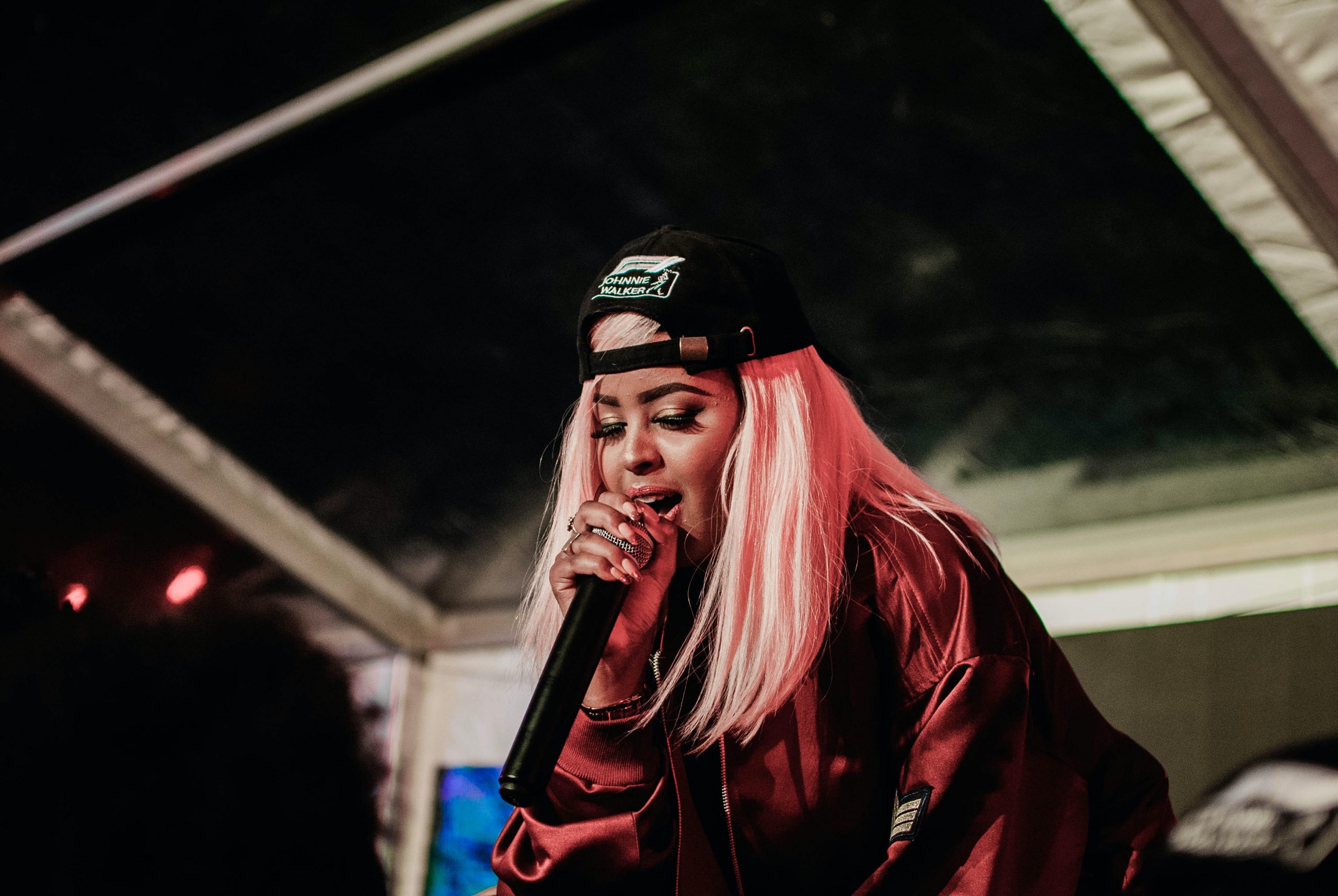By Ollie Chard
“When women ask for pay rises or get more assertive, they are rejected.” says Vick Bain, fresh off her keynote speech at the University of Gloucestershire. Vick is now one of five panellists at the second of the Media Festival’s music panels. She is the curator of ‘The F-List’, a compilation of over 3000 of the UK’s female artists that is still growing, aimed at boosting representation for women in the music industry.
This event, ‘From the Top’, is focused around how diversity and equality can be achieved in the music business. Naz Hussain, another panellist, is a member of the BPI Panel for Equality and Justice. After the Brit Awards’ heavy backlash for the underrepresentation of black artists, Naz says it raised serious questions within the BPI: “we said to ourselves why did this happen and how did this happen?”
Rebecca Ayres is the Managing Director at Sound City and Co-director of SheSaid.SO Northern, a global community of women and gender minorities in the music industry. Rebecca says she is encouraged by criticism of her festival line-ups to see “how important the conversation has become.” She goes onto to say how festivals chaired by conglomerates might not see the argument for diversity because it doesn’t reflect in their ticket sales.
Last on the panel is Hannah Matterson, the CEO of Generator, a company that strives to support individuals in growing businesses in the North East. “My interview surprised them… that shouldn’t be the case” she says of getting her current job. When asked about how women can gain higher positions of power in the industry, Hannah replies “We should be questioning recruiters at this point”, encouraging the viewers to hold their employers accountable.
Discrimination such as Hannah experienced in the interview process seems rife, with Naz describing how he was often told he “wasn’t a good fit” at the end of a series of interviews.
“What does that mean? Is it unconscious bias?”
“We have to keep working to challenge those institutionalised opinions.” adds Vick, as she explains how women are often confined to the lower ranks in the music industry. Hannah relates this to her role in the North East which is “traditionally isolated” from the music industry: “High level of depravation in our area obviously translates to digital poverty”, an aspect that Generator are focused on improving.
The discussion moves to what can be done in the future by individuals and businesses to create greater equality: “To understand where we are now, we need to understand the progress that has been made. We need to take stock of where we are and figure out what needs to change” says Naz. “It is absolutely essential that everyone works together, and we pool our resources”, as he suggests that shaming brands and individuals is not necessarily the way forward.
Vick’s creation of the F-List led to a Folk festival in Scotland and a Rock festival in Brighton hiring more women just in its early stages: “I thought already it’s a success”. Since then, over 300 music labels have joined: “I’m really excited about its potential.”
There is a strong focus on influencing policymakers directly between the panel as it draws to a close. Hannah seems optimistic but apprehensive about the future if policy does not change: “Otherwise we’re going to miss out on that talent – we’re quite a resilient bunch, but I’m really concerned over how many people are falling through the gaps.”
